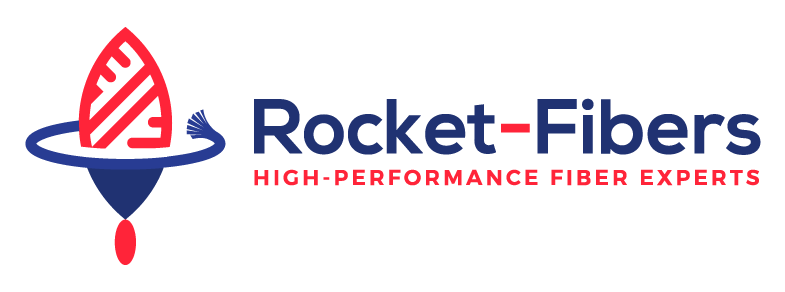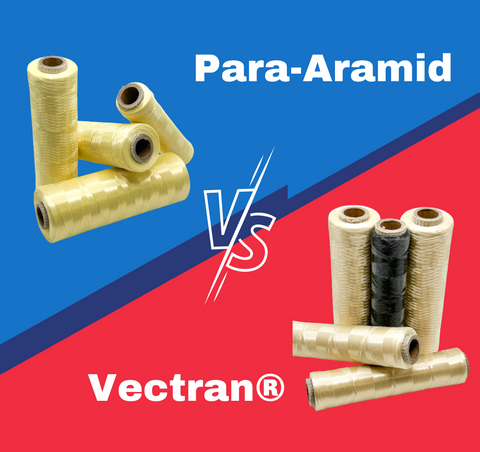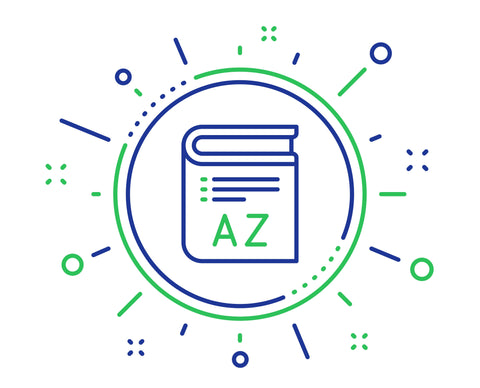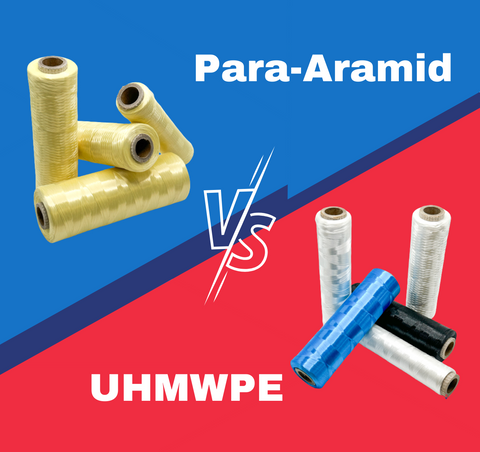When considering the selection between Vectran® LCP (Liquid Crystal Polymer) fiber and para-aramid fiber, specific technical considerations come into play. One prominent advantage of Vectran® LCP fiber is its superior chemical resistance compared to para-aramid fiber. Vectran® maintains its mechanical properties even in the presence of various chemicals and solvents, making it suitable for applications where exposure to corrosive substances is common. This chemical resistance ensures the longevity and reliability of the fiber in demanding environments where para-aramid fiber may be susceptible to degradation.
Another key benefit of Vectran® is its exceptional moisture resistance. Unlike para-aramid fiber, Vectran® exhibits no moisture regain, meaning it does not absorb or retain moisture. This characteristic makes Vectran® an excellent choice for applications in humid or wet environments. By eliminating moisture absorption, Vectran® retains its dimensional stability and mechanical properties over time, ensuring consistent performance and mitigating the risk of dimensional changes or degradation. This is also very beneficial for further processing at higher temperatures.
While para-aramid fiber may excel in higher temperature applications, it is worth noting that Vectran® has an advantage in cryogenic temperatures. Vectran® LCP fiber maintains its mechanical strength and properties even at extremely low temperatures, making it suitable for applications in cryogenic environments where para-aramid fiber may exhibit reduced performance.
In summary, the utilization of Vectran® LCP fiber over para-aramid fiber is justified by its superior chemical resistance, no moisture regain, and excellent performance in cryogenic temperatures. These properties make Vectran® an excellent choice for applications where resistance to chemicals, moisture, and cryogenic environments is crucial, ensuring long-term reliability and performance in demanding conditions.




